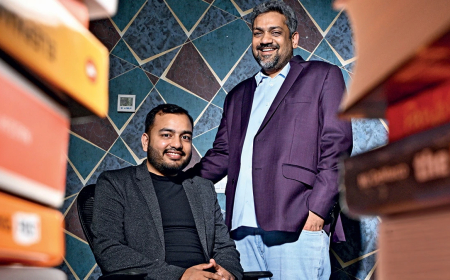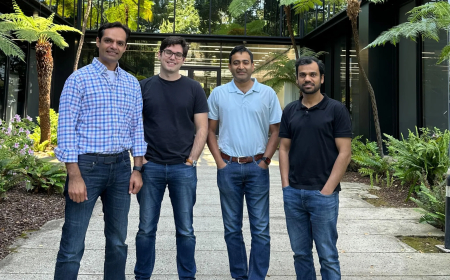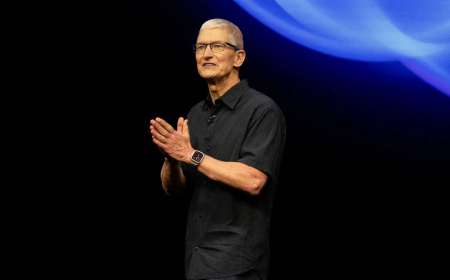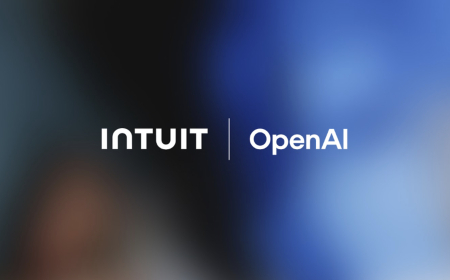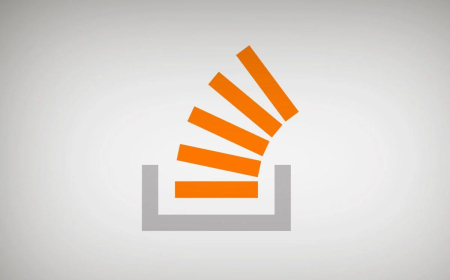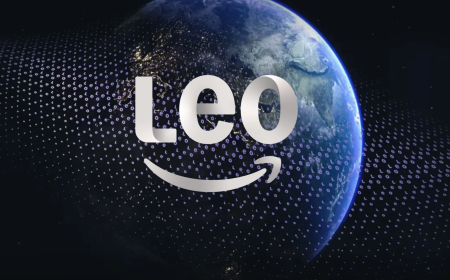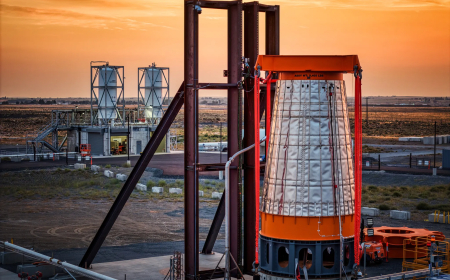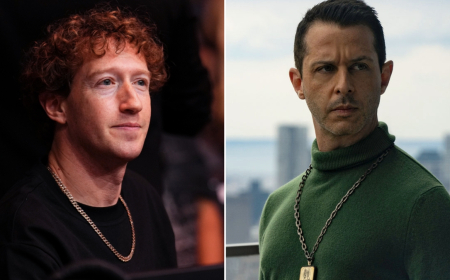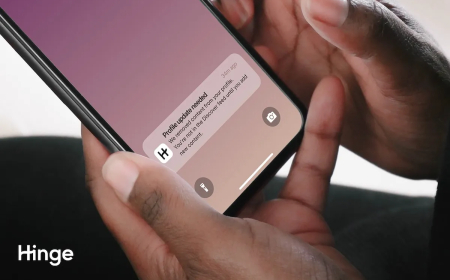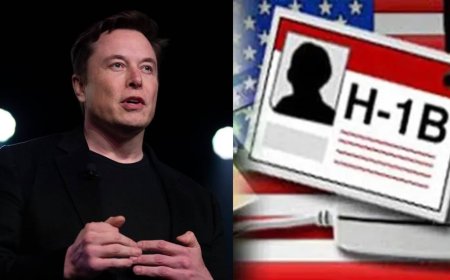X says it will fight Indian court ruling on content takedown system
X plans to appeal an Indian court ruling upholding the Sahyog content takedown system. The company says the process violates Indian law and threatens free expression.

Social media platform X announced on Monday that it plans to appeal an Indian court ruling upholding the government's content takedown system, calling the process "secretive" and claiming it "has no basis in the law."
The company said that last week's decision by the Karnataka High Court enables law enforcement agencies to issue "arbitrary" content removal orders through the Sahyog portal — an online system it has described in court as a "censorship portal." X had filed a petition in March challenging both the Indian government and the portal's legality.
India's Sahyog Portal and the Dispute
India introduced Sahyog (meaning "assistance" in Hindi) in late 2024 to automate the process of online content takedowns, allowing government agencies to instruct social media platforms directly to remove material considered unlawful. Major platforms, including Google, Meta, and ShareChat, have reportedly joined the system — but X has refused to participate.
In a post from its Global Government Affairs account, X argued that the portal circumvents Section 69A of India's IT Act, which governs the federal government's ability to block online content. That section includes procedural safeguards, such as written orders and judicial review, before content is taken down.
"The Sahyog enables officers to order content removal based solely on allegations of 'illegality,' without judicial review or due process for the speakers, and threatens platforms with criminal liability for non-compliance," X wrote.
The company further claimed the system violates Supreme Court rulings and infringes on Indian citizens' constitutional rights to freedom of speech and expression.
Court Rejects X's Free Speech Argument
In its ruling, the Karnataka High Court dismissed X's argument that the takedown system violates free speech rights. The judges said that as a foreign company, X does not possess constitutional rights to freedom of expression under Indian law.
In response, X said it "respectfully disagreed" with the judgment.
"We respectfully disagree with the view that we have no right to raise these concerns because of our incorporation abroad — X contributes significantly to public discourse in India and the voice of our users is at the heart of our platform," the company said. "We will appeal this order to defend free expression."
A Wider Context for Musk's India Expansion
X's latest legal clash with the Indian government coincides with Elon Musk's growing business presence in the country. The billionaire recently launched Tesla operations in India and secured final regulatory approval to deploy Starlink, his satellite internet service.
The appeal marks another chapter in Musk's broader challenge of balancing regulatory compliance with free expression commitments across global markets. This issue has placed X under scrutiny in several countries.
What's Your Reaction?
 Like
0
Like
0
 Dislike
0
Dislike
0
 Love
0
Love
0
 Funny
0
Funny
0
 Angry
0
Angry
0
 Sad
0
Sad
0
 Wow
0
Wow
0
